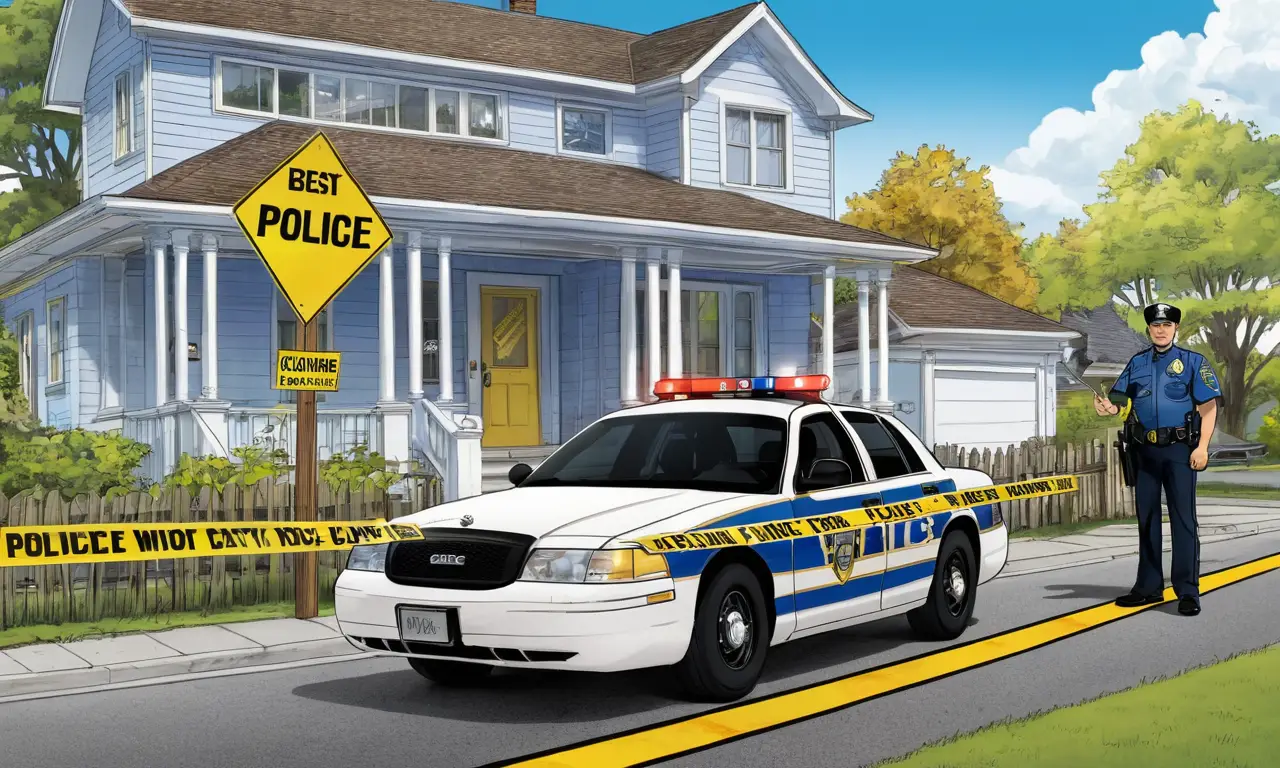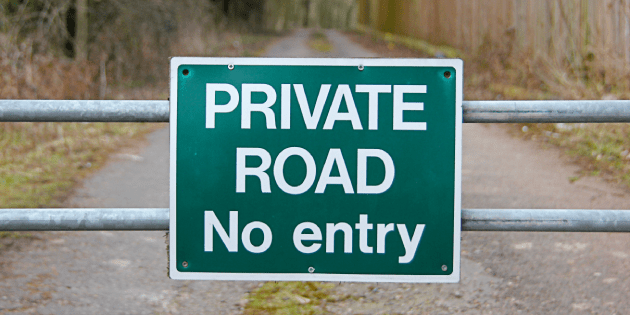The question of whether can police write a ticket on private property often arises, leaving many individuals unsure about their rights. The answer isn’t straightforward and hinges on various factors, primarily local laws and the specific circumstances surrounding the situation. Generally, law enforcement officers need a valid reason to step onto private land, such as a warrant or permission from the property owner. However, there are exceptions to this rule, allowing police to enter private property under certain conditions. This article will delve into these complexities, outlining the legal framework governing police presence on private property and when can police write a ticket on private property.
This article will explore the general rules surrounding police access to private property, examine the exceptions that allow for entry, discuss the possibility of issuing citations on private land, and emphasize the importance of understanding local ordinances and seeking legal counsel when necessary.
Can Police Enter Private Property?
Generally, police officers cannot simply enter private property without a valid reason. The Fourth Amendment of the U.S. Constitution protects individuals from unreasonable searches and seizures, which includes entering their property without proper justification.
To legally enter private property, police typically require one of the following:
- A warrant: A warrant is a legal document issued by a judge authorizing law enforcement to search or seize specific items on private property. This warrant must be based on probable cause, meaning there is sufficient evidence to believe that a crime has been committed or that evidence related to a crime is present on the property.
- Consent from the property owner: If the property owner willingly grants permission for police to enter their land, officers can proceed without a warrant. This consent must be freely given and not coerced in any way.
Exceptions to Entering Private Property

While warrants and consent are generally required for police entry onto private property, there are some exceptions to these rules:
- Exigent circumstances: If police believe that immediate action is necessary to prevent harm or the destruction of evidence, they may enter private property without a warrant. This exception applies in situations like responding to a reported crime in progress, rescuing someone in danger, or preventing the destruction of crucial evidence.
- Plain view doctrine: If officers are lawfully present on private property and observe illegal activity or evidence in plain view, they can seize it without a warrant. This means that if an officer sees a weapon or drugs in plain sight while executing a search warrant for another reason, they can legally take possession of those items.
- Hot pursuit: When police are pursuing a suspect who has fled onto private property, they may enter the property without a warrant to apprehend the individual. This exception is limited to situations where officers are actively chasing the suspect and believe they are in immediate danger or that the suspect poses a threat to public safety.
Citations on Private Property
The ability of can police write a ticket on private property for violations depends on several factors, including the nature of the violation, the location of the offense, and local ordinances. Generally, police officers can issue citations on private property if:
- The violation is visible from a public area: If an officer observes a traffic infraction or other violation occurring in plain view from a public street or sidewalk, they may be able to issue a citation even without entering the private property.
- The violation affects public safety: Some violations, such as noise complaints that disrupt the peace of neighboring residents or hazardous conditions posing a risk to the public, may allow police to issue citations on private property.
Public View Violations

As mentioned earlier, if an officer observes a violation from a public area, they may be able to issue a citation without entering private property. This applies to various offenses, including:
- Traffic violations: If an officer sees a vehicle parked illegally or driving recklessly from a public road, they can issue a ticket even if the violation occurs on private property adjacent to the road.
- Noise complaints: Excessive noise coming from a private property that disturbs the peace of nearby residents may be grounds for a citation if the noise is audible from a public space.
Local Ordinances and Legal Counsel
It’s crucial to remember that local ordinances can significantly influence the rules governing police presence on private property. Some municipalities may have specific regulations regarding citations, warrant requirements, or permissible entry conditions.
To ensure you understand your rights and obligations, it’s always best to consult with a legal professional familiar with local laws. An attorney can provide personalized guidance based on your specific situation and help you navigate any legal complexities related to can police write a ticket on private property.
Conclusion
The question of whether can police write a ticket on private property is complex and depends on various factors, including local ordinances, the nature of the violation, and the circumstances surrounding the incident. While officers generally require a warrant or consent to enter private property, there are exceptions for situations involving imminent danger, plain view violations, or hot pursuit.
Understanding these legal nuances is essential for both individuals and law enforcement to ensure their rights are protected while maintaining public safety. Consulting local ordinances and seeking legal counsel when necessary can provide clarity and guidance in navigating this intricate area of law.



